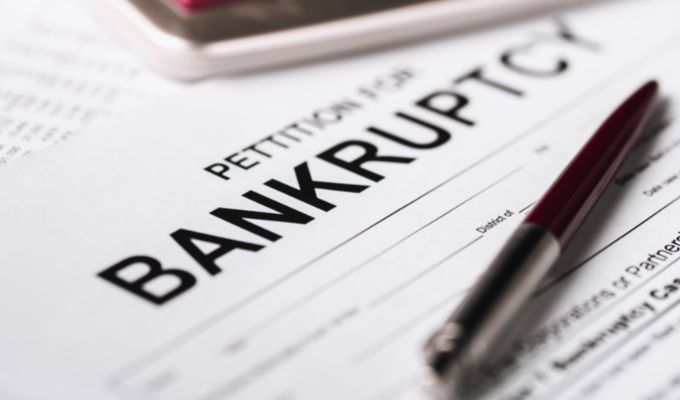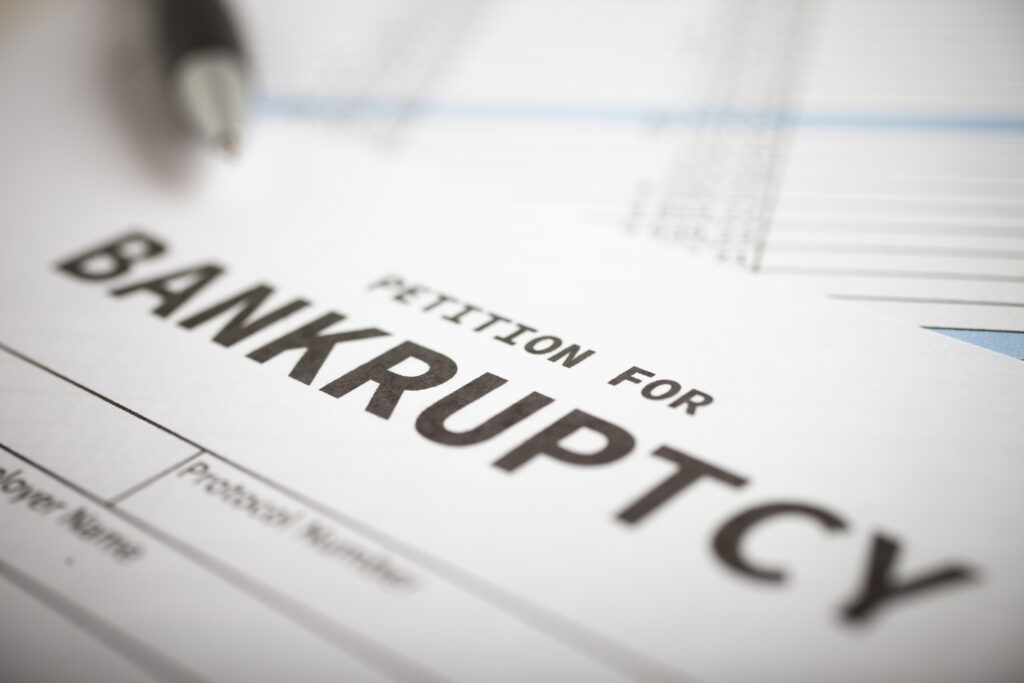
Deciding to file for Chapter 7 bankruptcy marks a move towards managing overwhelming debt and attaining financial relief. Before starting the process, it is crucial to undertake thoughtful actions that will ensure a smoother and more informed journey through the bankruptcy proceedings.
1. Financial Assessment: Understanding Your Financial Position
Evaluate Your Finances: Begin by gathering documents including information about your debts, income, assets, expenses, and recent financial transactions. Acquiring an overview is vital for assessing your financial situation.
Budget Analysis: Develop a budget that outlines your expenses. This assessment helps to identify areas where expenses can be minimized. This also assesses your ability to fulfill essential obligations.
2. Exploring Alternatives: Consider Non-Bankruptcy Options
Debt Counseling: Seek advice from a credit counselor or financial advisor as they can guide alternatives to bankruptcy. Alternatives such as debt management plans, negotiating reduced payments with creditors, or employing debt consolidation strategies.
Assess Eligibility: Familiarize yourself with the means test criteria for determining eligibility for Chapter 7 bankruptcy. If you do not meet these criteria, it would be wise to consider options for debt relief that may better suit your financial circumstances.
3. Legal Advice: Seek Help from a Bankruptcy Lawyer
Consult a Bankruptcy Attorney: They will offer guidance based on your financial situation explaining the ins and outs of the bankruptcy process eligibility criteria, potential outcomes, and legal consequences.
Understanding Bankruptcy Process: Use the consultation to clarify any uncertainties or questions you may have about the bankruptcy process. This includes understanding timelines, exemptions, potential hurdles, and how they will impact your financial situation.
4. Documentation Preparation: Organizing Financial Information
Gather Necessary Paperwork: Collect all the paperwork required for filing bankruptcy such as tax returns, pay stubs, bank statements, loan agreements, and other relevant financial records. By organizing these documents, you can streamline the process. Prioritize accuracy.
Avoid Major Financial Transactions: It’s advisable to refrain from engaging in transactions or transferring assets before filing for bankruptcy. Such activities could complicate your case. Could raise concerns during the proceedings.
5. Financial Planning: Preparing for Life after Bankruptcy
Plan for Post-Bankruptcy: Begin strategizing for your recovery once you’ve gone through bankruptcy. Explore ways to rebuild your credit rating, manage your finances effectively, and chart a path toward a stable future.
Start an Emergency Fund: It’s important to have an emergency fund in place to cover expenses during and after going through bankruptcy. Having some money set aside can help you deal with any financial challenges that may arise.
6. Educate Yourself: Gain knowledge About Bankruptcy
Educate Yourself: Learn about bankruptcy from articles or books. Understanding the bankruptcy process and its potential impact on your credit and assets. As a debtor, it is crucial to make informed decisions.
Attend Credit Counseling: Be prepared to attend credit counseling sessions before filing for bankruptcy. These sessions are important because they provide insights into managing your finances and evaluating alternatives to bankruptcy.
Conclusion
In conclusion, taking these steps will ensure that you’re well-prepared, knowledgeable, and organized before starting the Chapter 7 bankruptcy process. Seeking guidance, understanding your financial situation, organizing documents, and planning for the post-bankruptcy period are all essential factors. All of this is to ensure a more manageable journey through this process.


Get a Free Bankruptcy Case Evaluation